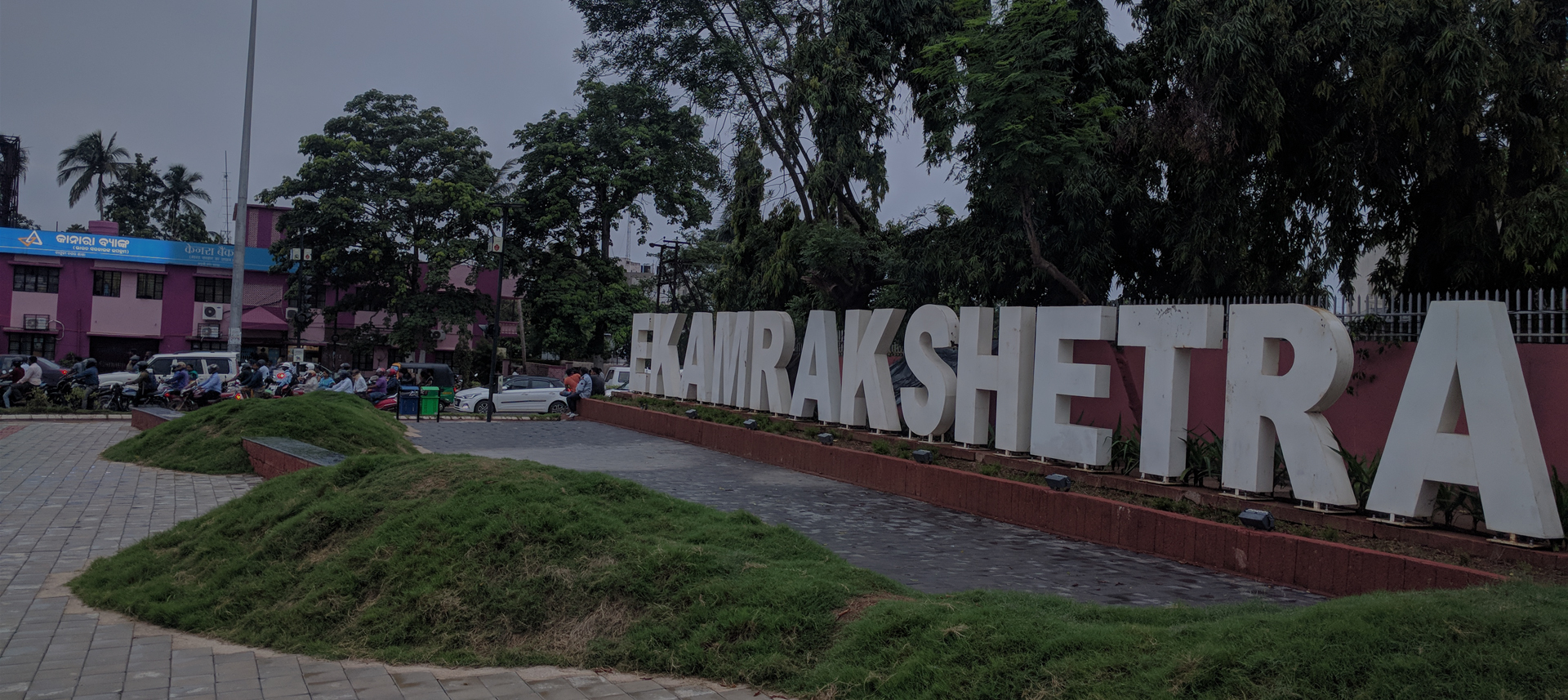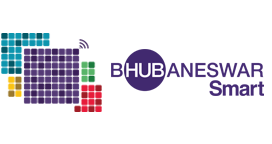

This design and assessment tool for public spaces is a digital platform that integrates measurable aspects of quality public spaces and infrastructure to enable citizens to score/ rate public spaces and participate in their improvement. It helps a city to systematically map public areas and undertake practical interventions and evaluations based on aspects such as safety, comfort, access, cleanliness and other parameters. The various places covered in this tool are Parks, Heritage Zone, Streets, Markets, Transit areas and Waterfronts.







Find nearby public spaces based on your location
Rate the place based on specific parameters such as safety, comfort, accessiblity and others.
View facilities & give suggestions
Organize community activities and grow a local network

Many consultations and discussions with the citizens and city officials have been fruitful with the final development of the app. BSCL team greatly helped with the implementation process. People have shown interest in the use of digital platforms for giving their inputs and they think this shall increase the usage of parks in their city. The heritage walk community was equally vocal regarding the app. However more interesting channels such as on-boarding citizen groups was suggested and shall make the app feature more active.









This is a wonderful project towards making active use of parks by citizens and an eye opener for those who do not visit them often. It will help improve different areas...hopefully this initiative will be also used with larger perspective and other big cities.
-Piyush Ranjan Raut, Activist and Planner BhubaneswarI like the app and shall like to have it in my city. It will help me to give inputs like for my elderly parents regarding facilities in my area where I stay away from city center.
I am very happy that city administration has built this app to take feedback and rating of public amenities and open spaces. So many parks are there in the city but people did not have a channel to give small suggestions or say what they need. I hope this platform shall be run full-fledged manner in all cities
Identifying different problems of public spaces in cities through dialogue, the team also studied existing guidelines and frameworks. They were analysed in detail to identify attributes and criteria to make quality public spaces. Some of the guidelines and toolkits referred were- UN Habitat Global Public Space Toolkit, Gehl Assessment Tool, Complete Street Design Guidelines, Climate Assessment Framework, UCLG Public Space Policy Framework, Auckland Design Manual & Place Standard Tool, Scotland
Consultation with Experts
Valuable suggestions were incorporated in the formation and development of the tool.
Some of the experts from whom inputs were taken included-
- Kalpana Viswanath, Founder, Safetipin
- Prasanna Desai, Urban Designer
- Pranjali Deshpande, ITDP
- Gurmeet Rai, Heritage Conservationist
- Sujata Hingorani, Oasis Design Inc.
- Ashish Ghorpade, ICLEI South Asia
- Shiva, GIS Expert, India Urban Observatory
“Mapping of the city’s Green/Blue/Red Network and its connectivity is essential”
-Akash & Sujata Hingorani, OASIS Designs
“Urban Local Bodies should now have a complete department of Design along with Planning which is not headed by only engineers but other experts, urban designers, landscape architects and architects.”
- Prasanna Desai, Urban Designer
Accordingly the Public Space Framework with Parameters was developed as a basis for the citizen feature of the tool and development of an app.
The project got positive reviews from Vizag CEO at Fellowship Ideas Exchange (FIX) and few other cities studied for the pilot concept. Bhubaneswar was chosen from the selected cities as it had a public GIS platform (Bhubaneswar One) with detailed mapping of all public spaces and its elements. Bhubaneswar was also among the 15 selected cities for its proposal B-Active that aimed to activate the city’s public spaces. City visits were conducted along with data collection and visits to various departments with different data sets such as Bhubaneswar Development Authority (BDA), Urban knowledge center and Capital Regional Urban Transport (CRUT).
The tool was integrated with the Bhubaneswar.Me app with help of discussions with the BSCL team and the commissioner. A functional requirement document was prepared for this purpose highlighting the specific needs of the tool as well as details such as how the user (citizen) shall use the platform in a step by step manner. Additional details and functions were added to the digital platform and App for better usability of the tool by citizens. Features such as events happening in the Park, suggestions for the particular public space and facilities provided in that location were added.
Based on the parameters and digital tool the team conducted a pilot event for the app with a participatory design workshop to activate and improve areas in a park and its surroundings. The team visited different parks to finalize a location for the workshop to be conducted and Madhusudan Das park was selected. Participants came up with specific activities they would like to happen in the park which could be added onto the app. Activities for children and youth were conducted to encourage all types of users for the App.